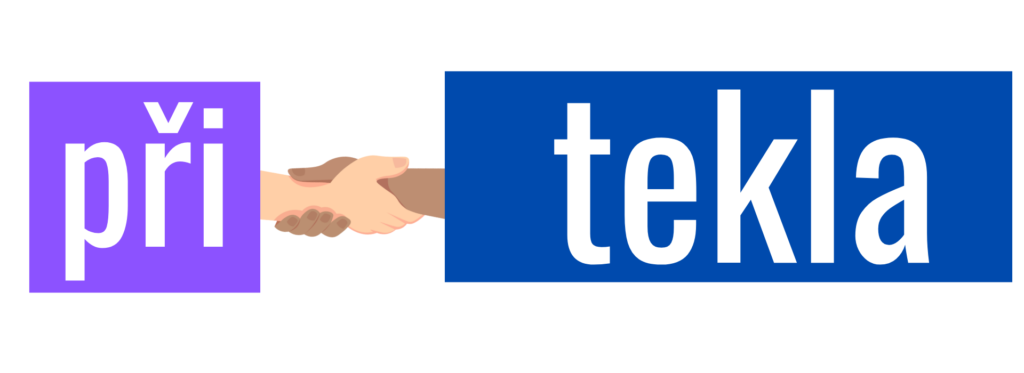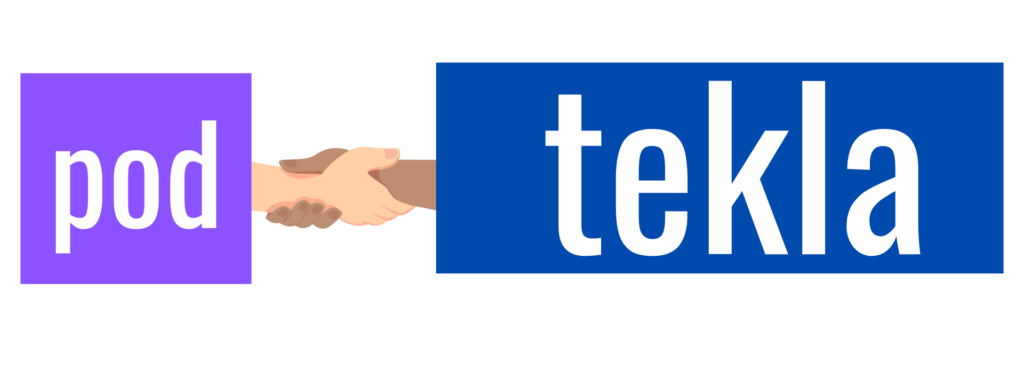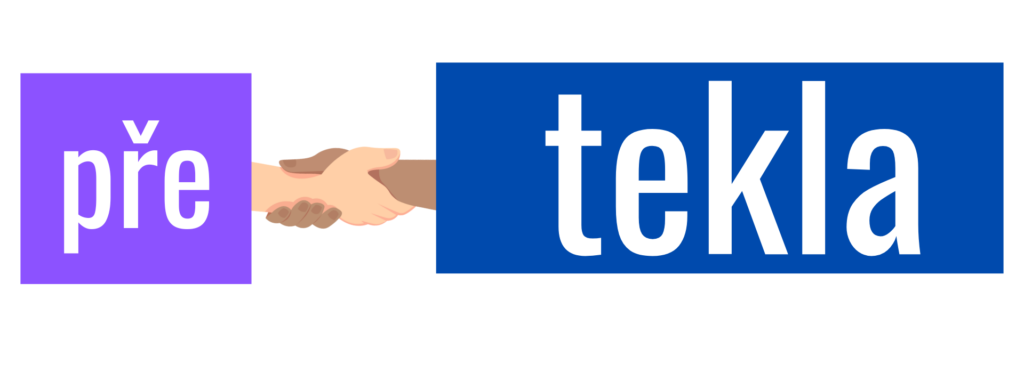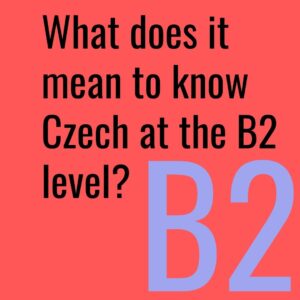There are two types of verbs in Czech that torment international students – „nedokonavé sloveso“ (imperfective verb) and “dokonavé sloveso“ (perfective verb). Let’s talk about them.
Verbs always suggest action. For example, the verb “to fly”/letět. The bird flies, flies, flies, flies – but it cannot fly forever! One day it has to fly somewhere and stop.
While the bird is in motion, we use the imperfective verb form letět (nedokonavé sloveso). But when it finishes the movement, we use the perfective form of the verb – přiletět (dokonavé sloveso).
The bird can “letět”, “letět”, “letět”, but at one point it has to “přiletět”.
Water and Ice
The same thing can be explained in the form of a metaphor, in case you have a creative thinking. An imperfect verb is like water – water always flows somewhere, it does not have a final form, because the movement of water does not have an end point. The perfective verb is like ice. There is no movement anymore, the action has taken on its final form.
![]() We also can give a graphic example. An imperfect verbs are like a straight line – there is no end or edge, just the action as it is.
We also can give a graphic example. An imperfect verbs are like a straight line – there is no end or edge, just the action as it is.
![]() Whereas perfective verb can be represented as a segment with clearly marked temporal boundaries of action. We know that the action has begun and ended.
Whereas perfective verb can be represented as a segment with clearly marked temporal boundaries of action. We know that the action has begun and ended.
A Masquerade of Meanings
This is the difference between the two types of verbs in terms of meaning. Now let’s talk about how they differ in terms of their form. Very often a verb in the perfective form has a prefix before its stem. Those can be compared to theatre masks that a verb puts on to play a new role. Let us take examine the 4 examples with a verb “flowed” in a past from. In Czech this past verb form is “tekla”.
 | Prefix “při” + verb “tekla” = přitekla. The water has moved from the point A to the point B and has stayed there. |
 | Prefix “pod” + verb “tekla” = podtekla. The water has moved under the object. For example, under the carpet. |
 | Prefix “pod” + verb “tekla” = podtekla. The water has moved under the object. For example, under the carpet. |
 | Prefix “pře” + verb “tekla” = přetekla. The water has filled a container and has poured out of it. For example, you have poured the water into a glass over its edge and it has spilled. |
In English, prepositions play the role of prefixes, for example, out, off, in:
- flowed in = přitekla
- flowed out = vytekla
Also, examples with prefixes clearly demonstrate one of the perfective verb’s qualities – the action has already been completed and there is no taking it back. The water has already moved and is not moving anywhere else (or we don’t care what happens to it).
Verbs Without Present
There is another interesting detail that distinguishes the two types of verbs.
The imperfective verb form can have all three tenses – the past, present and future. The perfective verbs have a broken time machine – they live only in the past or in the future. It all makes sense, because you can only complete an action in the past, and you can plan to have it complete in the future. It is impossible to complete the action right now, in present tense. There is a kind of philosophy in this, isn’t it?
Read More

Watching TV series – Learning Czech
Author: Victoria Romanova,student of ÚJOP UK 2020/21 Learning a language is a gradual process. Layer by layer, like a cake, you put together grammar and vocabulary, joining it all with…

100% Czech
As we all know, nothing is unimportant in a language. This applies not only to grammar and pronunciation, but also to punctuation. However, it is the thing that is given…

What Podcasts You Should Listen to When Learning Czech?
Recently I have discovered a new form of entertainment – podcasts. Most often I listen to them on the road, thanks to them travel time flies by. Of course, most of the podcasts in…

Imperfective and Perfective Verbs in Czech
There are two types of verbs in Czech that torment international students – „nedokonavé sloveso“ (imperfective verb) and “dokonavé sloveso“ (perfective verb). Let’s talk about them. Verbs always suggest action….

What Are Czech Cases And How to Remember Them?
One of the biggest difficulties for non-Slavic students is cases. To put it very simply, the case of a noun shows how it is related to other words in the…

Czech Podcast That You Can Read
Read Czech Podcast If you listen to podcasts and learn Czech, you should definitely subscribe to the podcast of the Czech radio Vinohradská 12. The podcast comes out almost every…

Hyphen Changes Meaning
The hyphen (spojovník in Czech) is not just a dash. Sometimes it can change the meaning! For example, the word ‚e-mail‘ is electronic mail, while ‚email‘ is enamel, such as the one on…

What Kind of Robot Are You?
Robot and robot are two completely different words, though they are spelled exactly the same. One of them translates as “robot” and the other as “food processor”, but how can you tell what meaning…

Why Dumbledore is Brumbál in Czech?
Many people know that Dumbledore from the Harry Potter books is Brumbál in the Czech translation. But very few know why. The translator, Pavel Medek, who translated the stories of…

What does it mean to know Czech at the B2 level?
Most of the universities accept the B2 level as sufficient for student enrollment. The majority of the graduates of ILPS successfully pass the B2 exam at the end of one-year course. But before we find out what lies behind…

